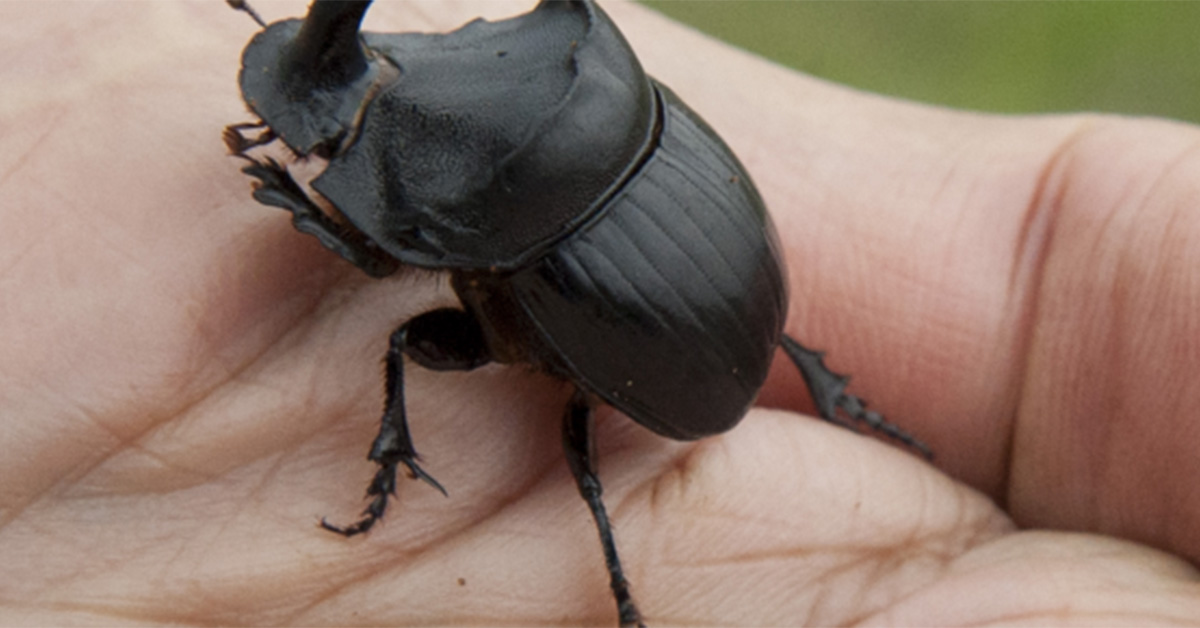The Cook Government has committed $500,000 to a dung beetle soil health initiative aimed at reducing native bushfly populations in South West tourist towns and benefiting local residents and farmers. The funding, announced by Agriculture and Food Minister Jackie Jarvis, will support the long-term establishment of dung beetles in the region to break down cow pats, thereby decreasing fly larvae and improving soil health.
Warren Catchments Council Inc has been awarded the tender to manage the initiative, in partnership with the Wilson Inlet Catchment Committee. The project will focus on supporting South West livestock producers to integrate dung beetles into their operations, leading to improved pastures, better animal growth rates, and increased milk production in dairy cattle. Education, extension, and outreach activities will be a crucial component, informing landholders about the bushfly breeding cycle, business benefits, and fly reduction measures.
The initiative also calls for the participation of farmers and tourism businesses in research and trials to identify suitable dung beetle species for a successful year-round program, backed by scientific evidence and practical experience.
Agritourism Sector to Benefit from Reduced Fly Populations:
For the agritourism sector, the initiative offers the potential to enhance visitor experiences significantly. High fly populations can detract from the enjoyment of outdoor activities and impact the overall perception of a destination. By reducing fly numbers, the dung beetle initiative is expected to:
- Improve the attractiveness of South West agritourism destinations.
- Enhance the reputation of businesses and the region as a whole.
- Contribute to increased visitor numbers and revenue.
We recognise the significant impact that flies can have on the visitor experience. This initiative offers a sustainable and environmentally friendly solution that benefits both the agricultural and tourism sectors.
Potential Challenges and Considerations:
While the initiative is promising, challenges remain. The effectiveness of the program will depend on factors such as beetle species suitability, climatic conditions, and land management practices. Ongoing research and monitoring will be essential to ensure the initiative achieves its objectives and to mitigate any potential unintended ecological consequences.
Furthermore, achieving widespread adoption will require ongoing engagement with farmers and other landholders to promote the benefits of dung beetles and address any concerns. Effective communication and collaboration between all stakeholders will be critical for success.
WAAA Encourages Members to Engage with the Initiative:
The Western Australia Agritourism Association encourages its members to actively engage with the Warren Catchments Council Inc and the Wilson Inlet Catchment Committee to learn more about the dung beetle initiative and explore opportunities for participation. Operators can contribute by:
- Partnering with local farmers involved in the program.
- Educating visitors about the initiative and its positive impact.
- Monitoring fly populations on their properties.
- Participating in research and trials.
By working together, we can create a more sustainable and enjoyable environment for both visitors and residents in the South West.
Conclusion:
The Cook Government’s investment in the dung beetle initiative represents a significant step towards improving the agritourism experience in Western Australia’s South West. While challenges exist, the potential benefits of reduced fly populations, improved soil health, and enhanced sustainability make this a worthwhile endeavor. The WAAA will continue to monitor the program’s progress and support its members in maximizing the opportunities presented by this initiative.

Leave a Reply